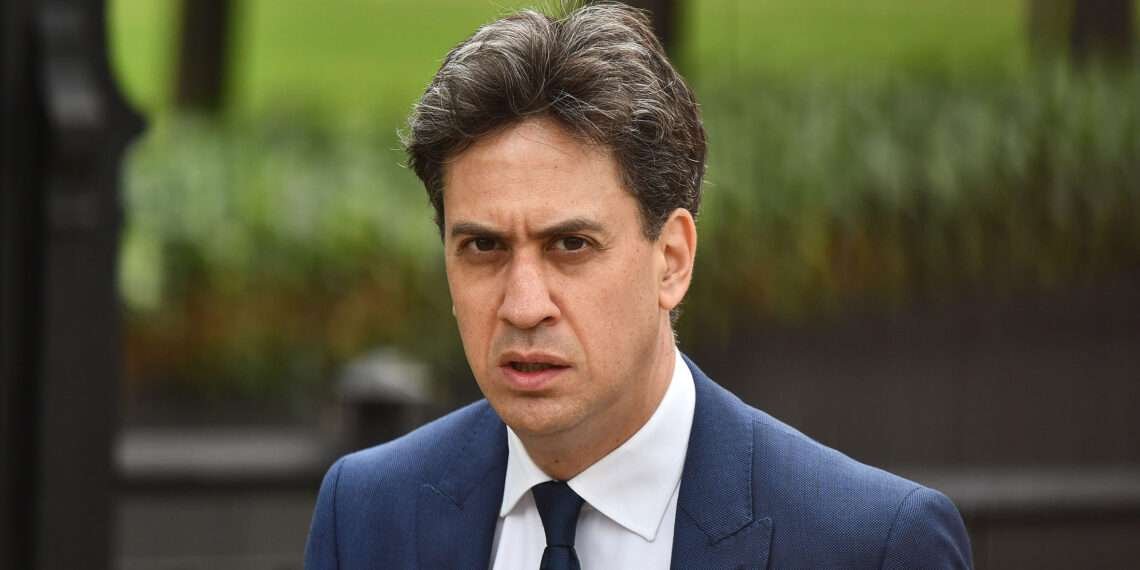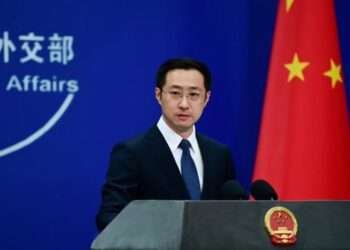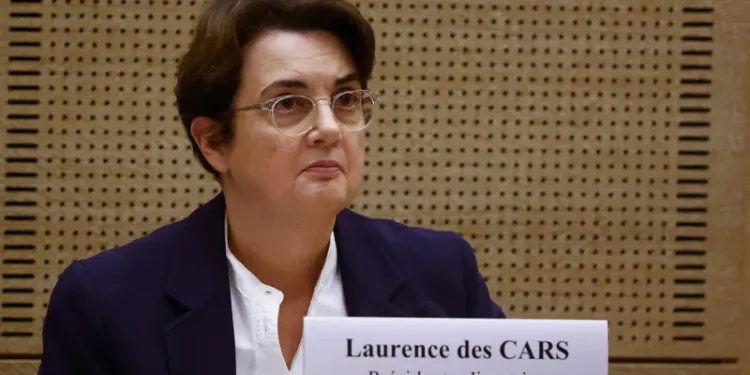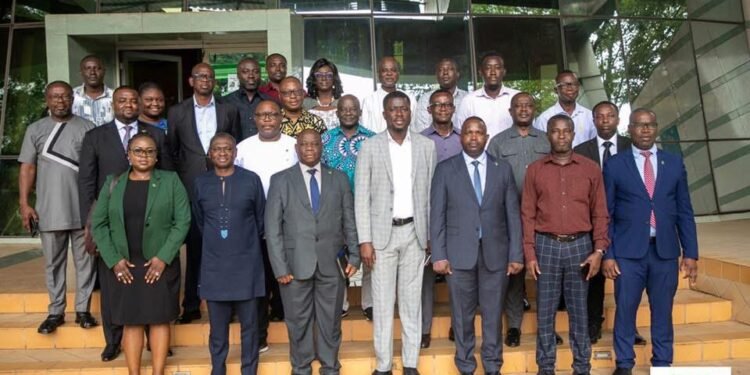Climate change, humanity’s invisible enemy, is rapidly altering the planet. World leaders are in a race against time, striving to implement solutions before irreversible damage occurs.
Ed Miliband, the UK’s Energy Security and Net Zero Secretary, is set to oversee the nation’s participation in this year’s vital international climate negotiations.
The upcoming COP29 summit, organized by the United Nations, will take place in Azerbaijan this November, where Miliband will spearhead the UK delegation and engage with global political leaders.
This decision has been met with enthusiasm from senior figures in climate diplomacy, who emphasize the importance of strong UK leadership in what is anticipated to be a challenging and contentious summit.
Christiana Figueres, the former UN climate chief who played a key role in the Paris Agreement and is now a founding partner of the Global Optimism think tank, expressed her approval.
“Ed Miliband has proven experience at COPs and all matters related to those multilateral negotiations. Throughout 14 years he has kept his vigilant eye on the ups and downs and will not need to start from scratch at all.”
Christiana Figueres
Under previous Conservative governments, the responsibility for COP was often relegated to junior ministers, despite the significance and far-reaching impact of the negotiations.
This was exemplified last year when Graham Stuart, the climate minister leading the UK at COP28, left the summit at a crucial moment to return to the UK for a vote on Rwanda, although he did return for the conclusion of the event.
“The fact that the multilateral negotiations will be led by the Secretary of Energy himself instead of delegating to a junior minister denotes recognition of the importance of the process as we near the halfway point in this decisive decade. We could not be more pleased with the news.”
Christiana Figueres
Heads of state and government typically attend COPs, though often only for a few days at the beginning.
Labour leader Keir Starmer attended COP28, where he engaged with senior figures, including then-US presidential envoy John Kerry.
As governments prepare for one of the most complex UN climate summits in recent memory, scheduled to take place in Baku, climate finance for developing countries will be a primary focus.
These nations need support to reduce greenhouse gas emissions and adapt to the impacts of extreme weather.
Developing countries are particularly frustrated by the perceived failure of wealthy nations, who have contributed most to the climate crisis, to provide adequate financial assistance.
They are seeking an agreement that would secure trillions of dollars, sourced from overseas aid, international development banks, and private sector investment, to flow into the global south annually.
David Lammy, the new Foreign Secretary, who attended COP28 last year, has built strong relationships with developing countries, potentially aiding the UK in mediating between the global south and the wealthier nations.
More Endorsement For Milliband
Todd Stern, a former US climate envoy under President Barack Obama, praised Miliband’s appointment.

“This makes a ton of sense. [Miliband] is a real diplomat, he understands diplomacy and has a skilled understanding of the issues. The UK can play an important role at this point, in working with Europe, the US, and the developed world and the developing world.”
Todd Stern
Rachel Kyte, a former chief climate official at the World Bank and now a professor of climate policy at the University of Oxford, echoed this sentiment.
“In a climate crisis, having a senior minister taking the reins makes sense. [Miliband’s] personal engagement sends a signal of UK seriousness, as Starmer has promised. Climate is a head of government issue, as it impacts growth, prosperity, and security. The Starmer-Miliband relationship will be key as we navigate difficult times.”
Rachel Kyte
As the world turns its attention to Azerbaijan for COP29, the UK’s proactive approach and leadership under Ed Miliband may set the stage for what could be a pivotal moment in global climate action.
READ ALSO: Political Communication’s Power in Shaping Election Outcomes























